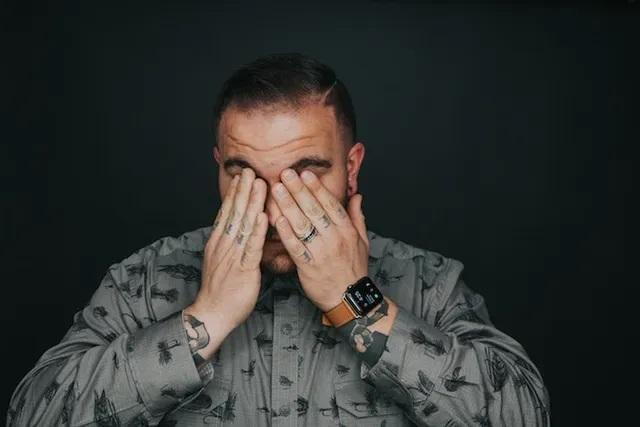Is it Dizziness or Vertigo? Understanding the Symptoms

- posted: Jun. 23, 2023
We use our lower body to walk, run, and do other activities; however, balance is how we stay upright to perform those and other essential functions for living. Referred to as equilibrium, balance is how we maintain our center of mass over our support base using our vestibular system — a complex system of sensory input from several places in our bodies that helps perform most of our functions.
Vertigo and dizziness are common balance disorders that get confused with each other. However, they are not the same, and while they both affect your balance, they impact it in different ways. At Spinal Correction Centers, Dr. Stephen Steller helps patients looking for relief from these type of balance disorders.
Let’s explore which condition you may be dealing with by looking at your equilibrium and how it is affected by both dizziness and vertigo.
Understanding your equilibrium
A number of different senses help create balance in our bodies, including vision, touch, and spatial orientation. Your vestibular system takes sensory information from your eyes, muscles, and joints. Then these are processed through the vestibular apparatus in your inner ear (consisting of the utricle, saccule, and three semicircular canals).
That information is sent to your brain stem and sorted out in your cerebellum and cerebral cortex. As the sensory information is processed, the brain stem sends signals to your muscles essential to balance (eyes, head, neck, trunk, and legs), allowing you to maintian balance and normal vision while moving.
How it is affected by dizziness
Dizziness is a type of disorientation that causes you to be unsteady and lightheaded, increasing your chances of falling. People complaining about dizziness report symptoms like lightheadedness, feeling faint, unsteady, and nauseous. Dizziness is more often than not a symptom of other conditions that affect balance, such as ear infections, brain-related conditions, Meniere’s syndrome, and vertigo. Other causes of dizziness include alcohol use, anxiety, stress, carbon monoxide poisoning, hypoglycemia (low blood glucose), vision problems, and some medications.
How it is affected by vertigo
Vertigo can cause dizziness, but it is more of a spinning sensation in your environment when you’re not moving, creating a feeling of unsteadiness. Vertigo can also be a symptom of other conditions, such as benign paroxysmal positional vertigo (BPPV), Meniere’s disease, labyrinthitis, vestibular neuritis, and cholesteatoma. Symptoms include nausea, vomiting, balance problems, tinnitus, headaches, motion sickness, a feeling of fullness in your ear(s), and nystagmus, a condition where you can’t control eye movement.
You can experience two types of vertigo: peripheral and central. Peripheral vertigo results from inner ear problems, and central vertigo results from brain issues (stroke or traumatic brain injury). Vertigo, often compared to motion sickness, gives you sensations of being unsteady.
While both conditions create balance problems, they are often caused by circumstances that have different effects on your equilibrium and have varied symptoms. Regardless of which balance disorder you’re dealing with, we’re here to help you get relief. Make an appointment with Dr. Steller and Spinal Correction Centers today at one of our offices in Dunedin, Largo, Riverview, or St. Petersburg, Florida.
Contact Us
OUR LOCATIONS
1075 Main St,
Dunedin, FL 34698
727-734-7611
Tuesday, Thursday
8:00 AM -11:00 AM, 3:00 PM - 6:00PM
Friday
3:00 PM - 6:00 PM
515 Missouri Avenue North,
Largo, FL 33770
727-587-6667
Monday, Wednesday
8:00 AM -11:00 AM, 3:00 PM - 6:00PM
Friday
8:00 AM -11:00 AM
3737 16th Street North,
St. Petersburg, FL 33704
727-520-1818
Monday, Wednesday, Friday
8:00 AM - 12:00 PM, 2:00 PM - 6:00 PM
Tuesday, Thursday
2:00 PM - 6:00 PM
11964 Boyette Rd,
Riverview, FL 3356
813-540-7270
Monday, Wednesday, Friday
8:00 AM -11:00 AM, 3:00 PM - 6:00 PM
Tuesday, Thursday
3:00 PM - 6:00 PM


